Happy World Bee Day everybody! Bees are obviously very special to us, and we hope that they are special to you too. Today is a wonderful time for us all to show our appreciation, not just to one of the hardest workers in the modern food industry, but also the most mysterious and beautiful.
We all depend on Bees
Although they’re great at it, bees don’t just make honey. Along with butterflies and hummingbirds, bees are one of the most important pollinators across the globe. We may not think about it often, but pollination is a fundamental process for the survival of our ecosystems. According to theUnited Nations, nearly 90% of the world’s wild flowering plant species depend on animal pollination, along with more than 75% of food crops and 35% of global agricultural land.
Unfortunately these pollinators, bees included, are increasingly under threat from human activities. It is for this reason that the UN has designated May 20th as World Bee Day.
We all depend on pollinators and especially the bees that work so hard to bring us the delicious honey that we love. Hopefully by bringing some awareness to the dangers facing bees today, we can inspire action and support the continued health of bees across the world.

How serious is the problem?
As described by the UN, present extinction rates for bees are 100 to 1,000 times higher than normal due to human impacts. Almost 35% of pollinators, including bees, face extinction globally. If this trend continues, crop variety and the balance of our own diets will be significantly impacted. Without the necessary pollination, nutritious crops such as fruits, nuts, and many vegetables, will be increasingly replaced by staple crops, unbalancing our diets. Currently the biggest contributors to this attack on biodiversity are intensive farming practices, mono-cropping, and the excessive use of pesticides.

How can we do more?
As individuals we can:
- Plant and protect a diverse set of native plants,
- Buy raw honey from local farmers and beekeepers,
- Buy products from sustainable agricultural practices,
- Avoid pesticides, fungicides, or herbicides in our gardens,
- Protect wild bee colonies when possible,
- Sponsor a hive or consider donating to conservation organisations,
- Raise awareness by sharing this information within our communities, help save the bees!
What B Brothers Honey will do:
- Continue to use zero pesticides or chemicals in our hives or plants / flowers.
- Continue to source our raw honey from local hives that support native plants in the Gold Coast Hinterland and Byron Bay areas.
- Continue to spread awareness and provide support for responsible farming and the ethical treatment of bees wherever possible.
We all love bees - so in return for all the hard work they do for us, let’s show them that we care and help make World Bee Day something special!

